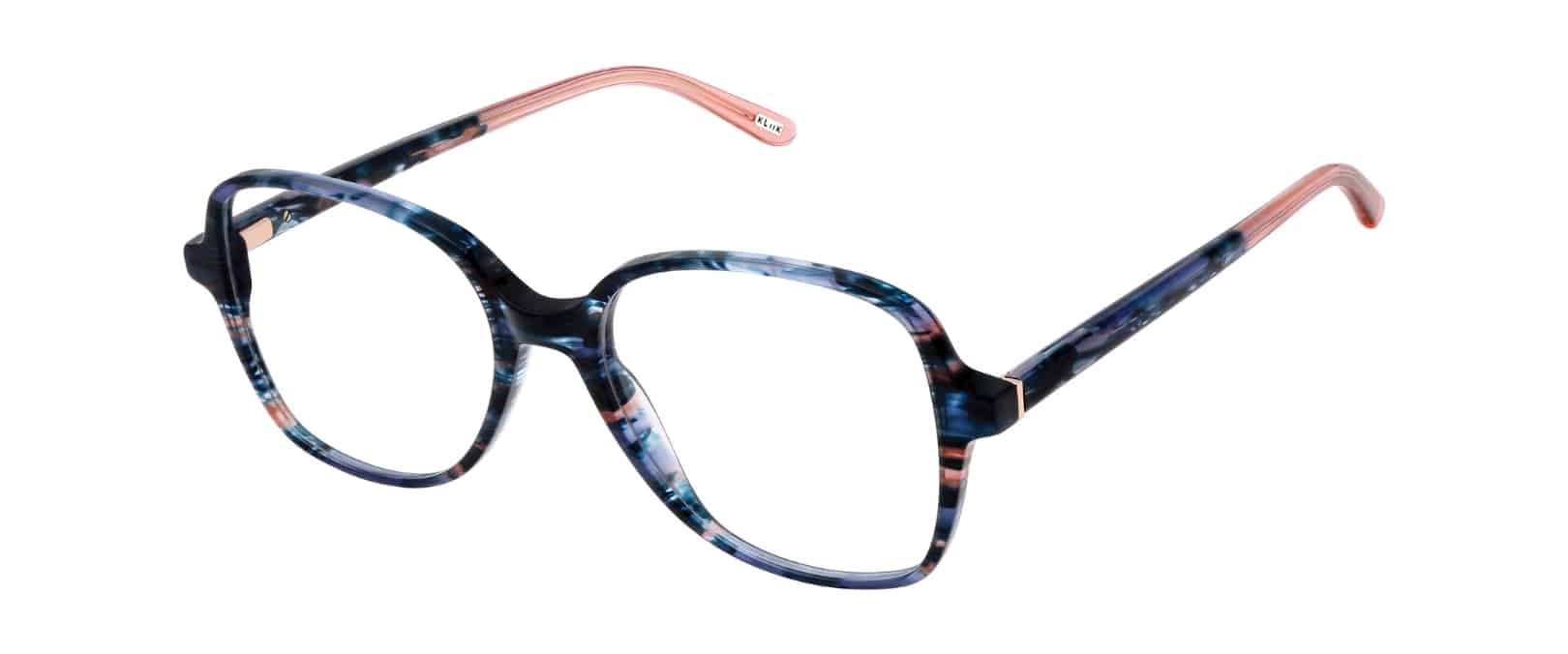Executives Explore Environmental Leadership in Eye Care
Wednesday, June 8 2022 | 13 h 53 min | News, Press Release
In conjunction with World Ocean Day, two senior executives are offering thought-provoking environmental insights to deepen the eye care industry’s understanding of how plastic neutrality benefits practices, patients, and communities worldwide. The fireside chat with CooperCompanies Chief Operating Officer and General Counsel at CooperCompanies Dan McBride and Plastic Bank Founder and CEO David Katz is now available at one-day-better.ca
Acknowledging the vital role that plastics play in everyday life, the executives discuss why plastic neutrality is a model quickly capturing people’s attention. In 2021, CooperVision introduced the world’s first plastic neutral contact lensesby purchasing credits from Plastic Bank’s collection, processing and reuse of general ocean-bound plastic waste that is equal to the weight of the plastic contained in designated products. It has grown to become the largest plastic neutrality initiative in the contact lens industry.
To date, the initiative has made a significant environmental and social impact worldwide. In 2022, the equivalent of 32 million plastic bottles have been prevented from polluting the oceans and the equivalent of nearly 60 million plastic bottles has been collected since the program’s inception. Collectors and their families in 171 coastal communities have directly benefited from exchanging ocean-bound plastic for necessities such as clean water, groceries, cooking oil, school tuition, and even health insurance.
“CooperVision has significantly expanded sustainable practices within our facilities over the past several years, including recycling, reuse, water conservation, and energy conservation. As a medical device manufacturer, plastic plays a critical role in the hygienic delivery and sterile protection of our products around the world. The Plastic Bank partnership extends our commitment with an innovative plastics collection model, made even more meaningful through its social mission,” says McBride. “It creates a circular ecosystem that reflects our vision of plastics being responsibly used, recovered, and reborn in perpetuity.”
Circularity—which is the continued, regenerative reuse of plastic—creates exponential value and change, according to Katz. When a piece of material is collected, recycled, placed back into manufacturing, and reintroduced to a consumer in a new form, the ecosystem grows. It’s not a linear effect, but one that spirals outward for continual impact.
Click HERE for the full press release.








